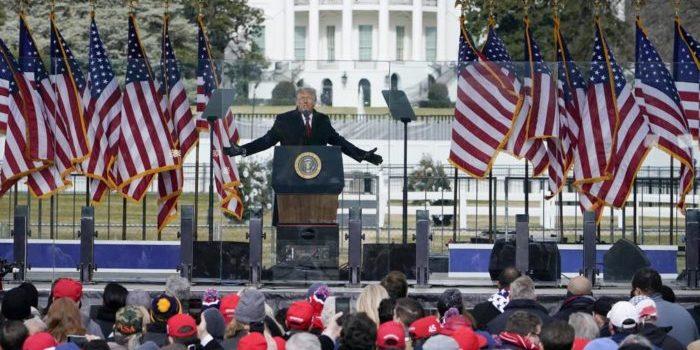(Dmytro “Henry” Aleksandrov, Headline USA) YouTube made a decision to stop removing content on its platform that says that the 2020 election and other U.S. elections were stolen from the Republicans, which will likely have consequences for the 2024 presidential election.
YouTube’s policy reversal comes as the 2024 presidential primaries heat up. According to the Daily Wire, Donald Trump, who leads Republican primary polling, continues to bring back the results of the 2020 election by saying that the election was stolen from him due to widespread voter fraud, which resulted in Joe Biden being able to step into the Oval Office.
“Two years, tens of thousands of video removals, and one election cycle later, we recognized it was time to reevaluate the effects of this policy in today’s changed landscape,” YouTube stated.
“With that in mind, and with 2024 campaigns well underway, we will stop removing content that advances false claims that widespread fraud, errors or glitches occurred in the 2020 and other past US Presidential elections.”
The Big Tech platform said that it “carefully deliberated” before making the surprising change to its policy, but did not provide specific details on what exactly caused one of the biggest censors for Democrats to reverse course. The new policy took effect on Friday.
This March, YouTube also allowed Trump to go back to the platform after he was banned from it following Jan. 6, 2021, riot on Capitol Hill.
On that day, Trump encouraged lawmakers and his then-vice president, Mike Pence, to refuse the certification of the 2020 election. Additionally, Trump recorded and posted a video on YouTube, in which he told protesters to go home and be peaceful. YouTube took down the video, as a way to suppress Trump and portray him as someone who would support breaking into the Capitol.
However, YouTube, which was bought by Google in 2006, will continue stifling content that it would consider “election misinformation,” which includes “aiming to mislead voters about the time, place, means or eligibility requirements for voting; false claims that could materially discourage voting, including those disputing the validity of voting by mail; and content that encourages others to interfere with democratic processes.”

